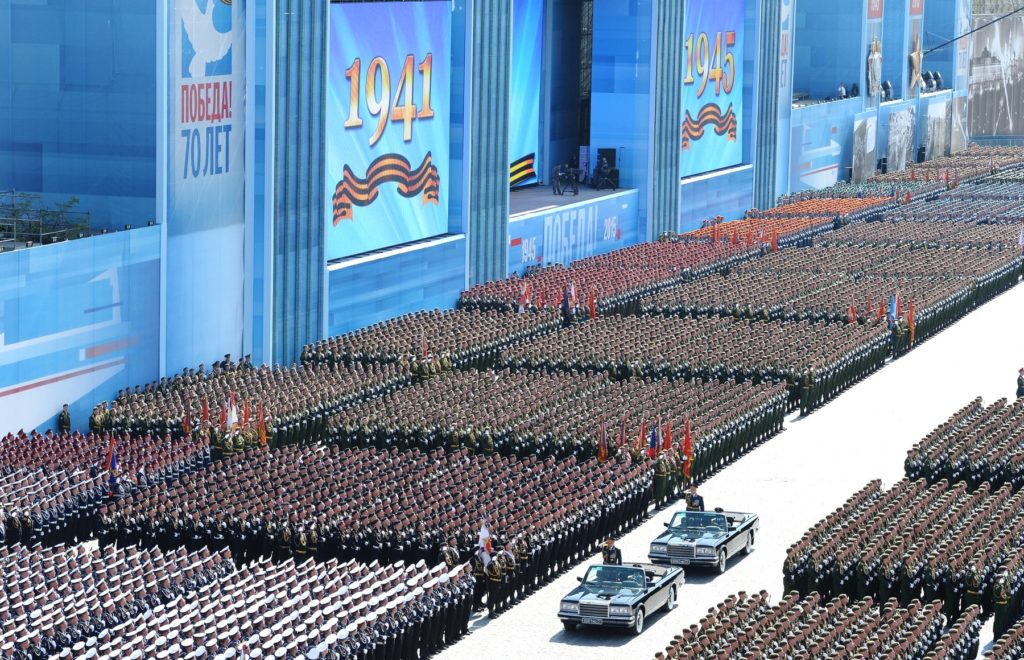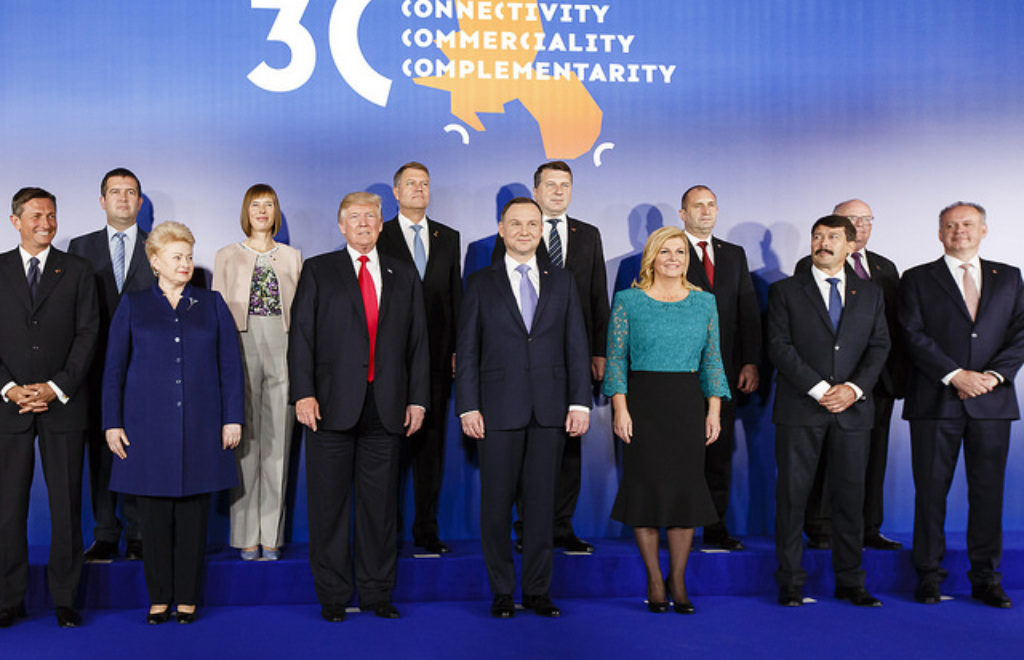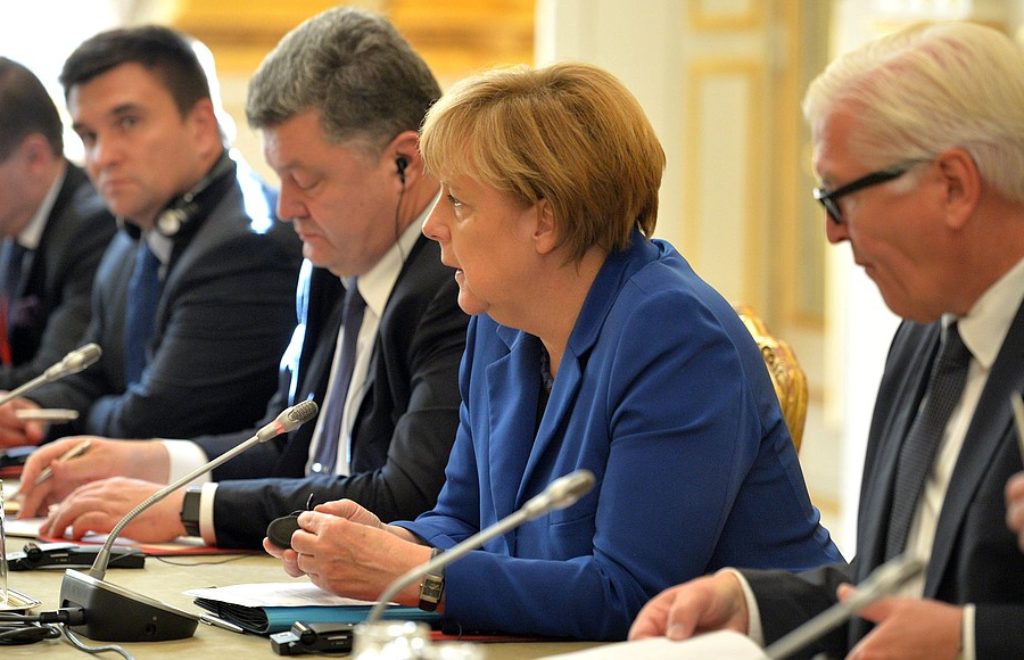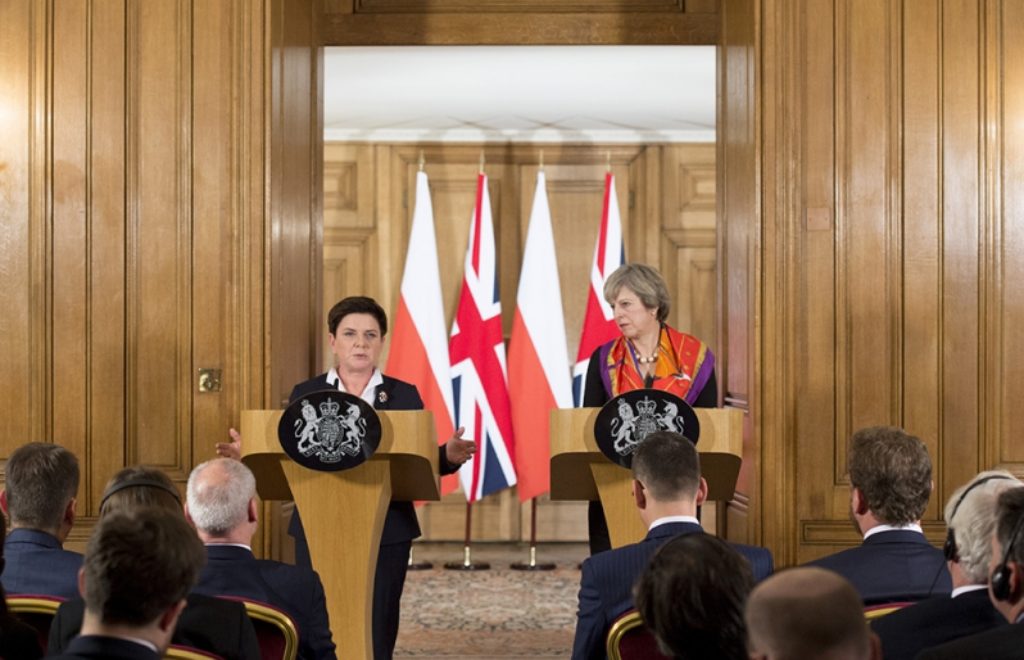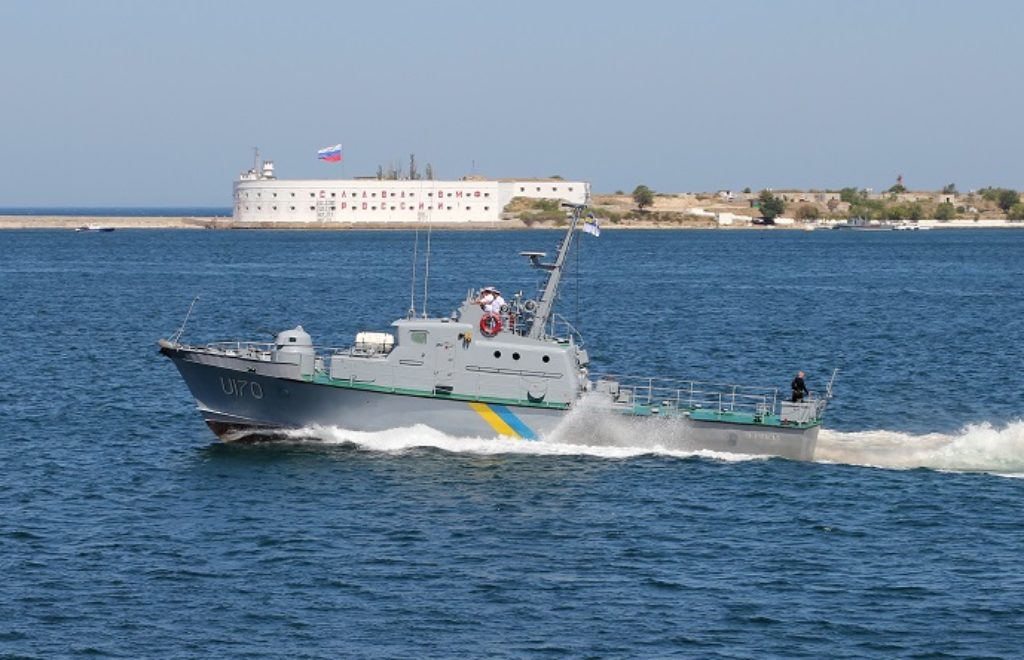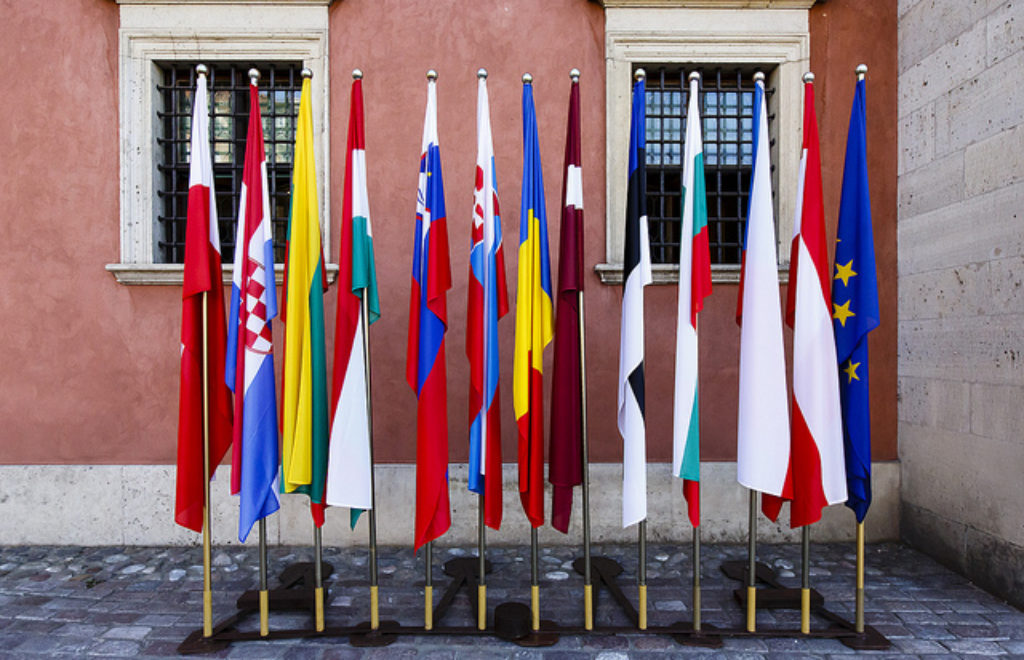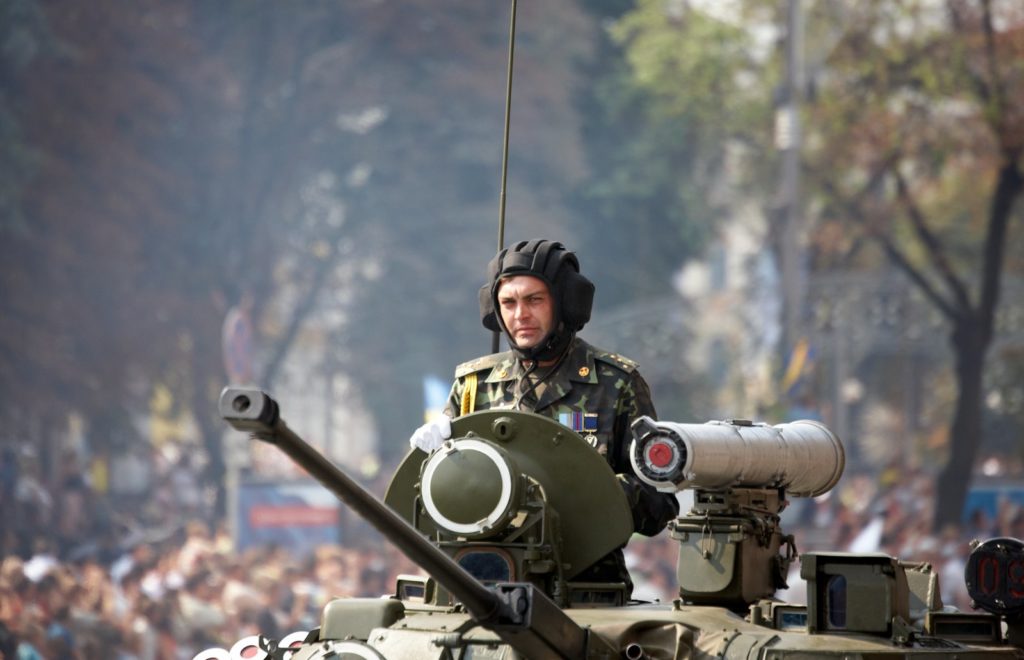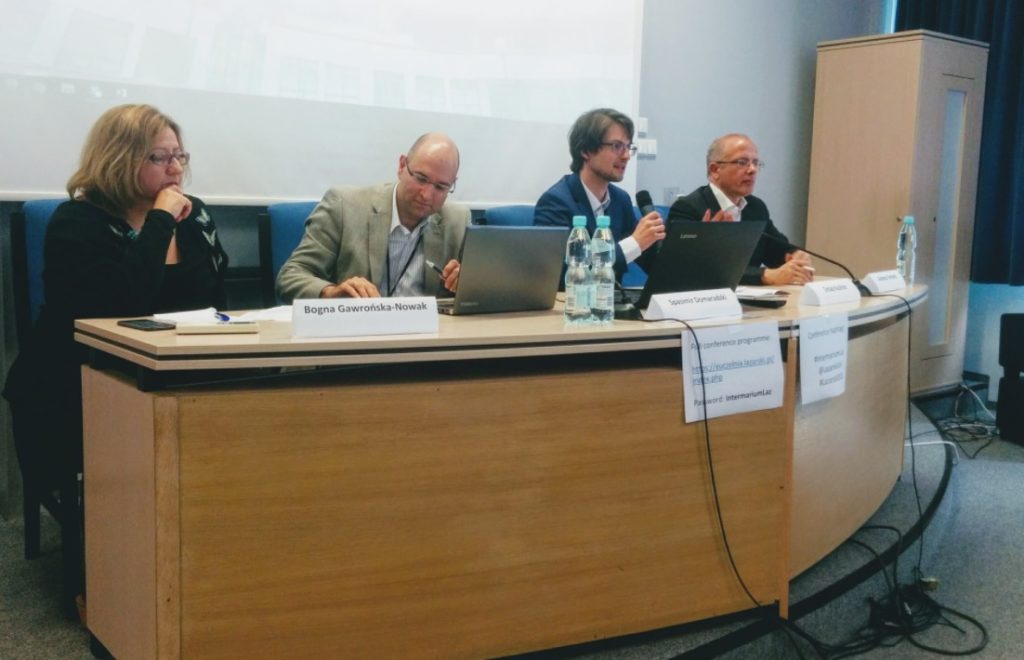Shifts of FDI – a lesson for Ukraine?
The role of foreign direct investment, or FDI, as an accelerator of economic growth of the receiving, i.e. the host, country is difficult to dispute (although, as there are always exceptions to every rule). These benefits include the increase in the level of investment, higher wages, transfer of technology, transfer of know-how, etc. Therefore, it is in the best interest of a country to attract such investments. This is especially true for developing economies. One of the reasons is because it is much more efficient to buy or receive new technologies than to develop them on your own.
In order to attract FDI, the economy has to first satisfy several conditions. These conditions depend on the reason for an investor to be interested in the host economy. Generally, in the literature on FDI, there are four main reasons: searching for new markets, searching for resources, searching for strategic assets and searching for efficiency. The last one involves such aspects as low-cost labour.
July 6, 2017 - Tomasz M. Napiórkowski



